The growing threat from Russia and the risk of renewed conflict in Europe have thrown a spotlight on the continent’s varied military service models.
Some countries never scrapped conscription, while others have moved to reintroduce voluntary schemes, such as France on Thursday.
Here is an overview of military service in Europe:
Who has kept it?
In Denmark, the government last year extended military service from four to 11 months and, since July 1, has made it compulsory for women as well. Young Danes are selected at random, according to the armed forces’ needs.
Conscripts in Finland serve between six, nine, or 12 months, depending on their speciality and rank. They are then placed in the reserves, where they can be called back to active duty, until the age of 50 or 60 – a limit the government is considering raising to 65. Military service is voluntary for women.
In 2013, Norway made its 12 months of military service obligatory for women as well, citing gender equality. Around 15 per cent of each age group is selected, based on qualifications, motivations, and other criteria.
Estonia requires eight to 11 months of military service for men, carried out on a regional basis so they can later serve in the same units as reservists. Service remains voluntary for women.
For Greek men aged over 18, conscription is compulsory for nine to 12 months. In March, the government opened the door for women to perform military service on a voluntary basis.
Cyprus mandates 14 months of military service for men, and in April, it passed a law allowing women to volunteer.
Austria and Switzerland – both neutral countries – have compulsory service for men, lasting six and nine months respectively, and voluntary service for women.
Who has reinstated it?
Lithuania was the first country to reinstate compulsory conscription for men in 2015, after suspending it in 2008. Selection is made by lottery for a nine-month service period, which remains voluntary for women. After completing their service, conscripts are placed in the reserves for 10 years – a period that will be extended to 15 years in 2026.
Sweden reintroduced conscription in 2017 after a seven-year suspension, making nine to 15 months of service compulsory for men and women, depending on speciality. In practice, only a few thousand are called up, depending on the armed forces’ needs. In a crisis, all young Swedes are required to perform civilian service to contribute to the country’s “total defence”.
In 2023, Latvia reinstated 11 months of compulsory service for men – voluntary for women – after abolishing it in 2006. Young Latvians can opt for a five-year commitment to the national guard, which involves annual training periods.
At the end of October, Croatia voted to reintroduce compulsory service for men next year, after suspending it in 2008 shortly before joining the NATO military alliance.
Who is looking to make it voluntary?
France on Thursday announced it will introduce a 10-month voluntary military service from next summer, mainly for 18- and 19-year-olds, after suspending mandatory conscription in 1997. The programme will be rolled out gradually, with a target of 3,000 volunteers in the first year and 10,000 by 2030.
Belgium abolished mandatory service in 1994, followed by the Netherlands in 1997, Spain in 2001, the Czech Republic and Hungary in 2004, Italy in 2005, Romania in 2006, and Bulgaria in 2007.
Some of those countries have moved to reintroduce voluntary military service, including the Netherlands in 2023 and Bulgaria in 2020.
In 2026, Belgium is to introduce a 12-month voluntary military service for men and women, aiming to reach 1,000 volunteers by 2028.
Romania is also to launch a four-month voluntary service open to both men and women next year.
Poland suspended conscription in 2009 but introduced a one-month voluntary basic military training course, followed by an optional 11-month specialist programme.
In Germany, which scrapped conscription in 2011, the ruling coalition has agreed plans for a voluntary military service aimed at recruiting around 20,000 volunteers by 2026. Lawmakers are due to vote on the bill in December.
British Prime Minister Keir Starmer’s government has shelved plans by his predecessor to reinstate conscription, which ended in 1960.


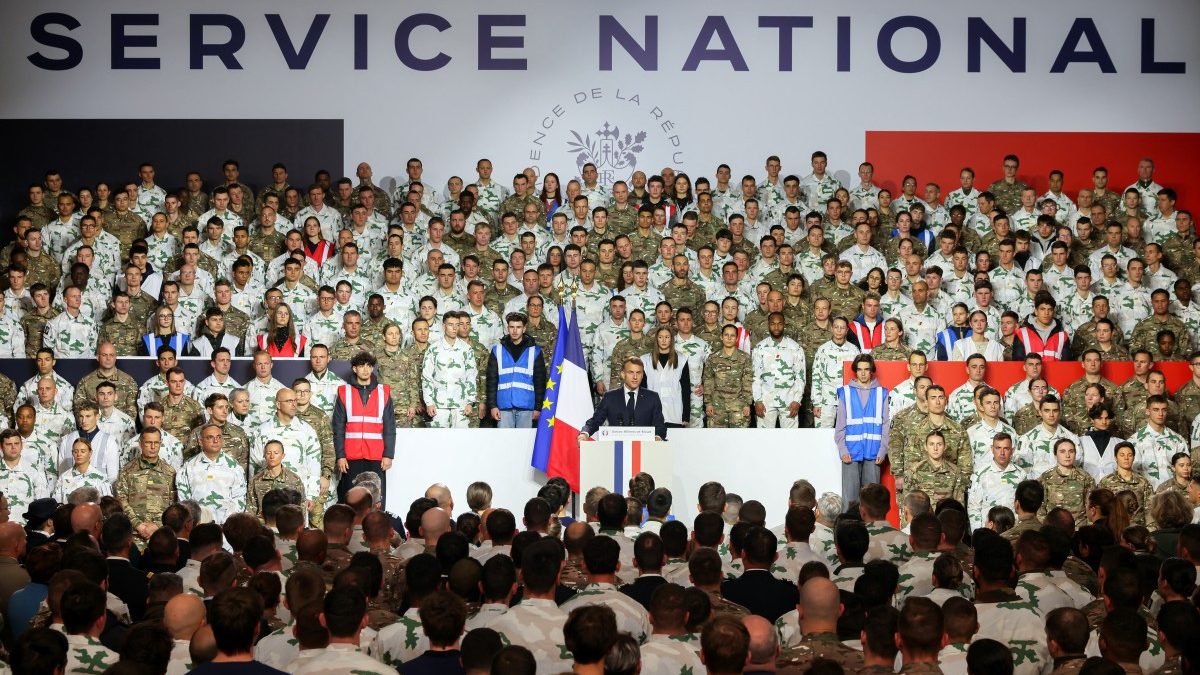)

)
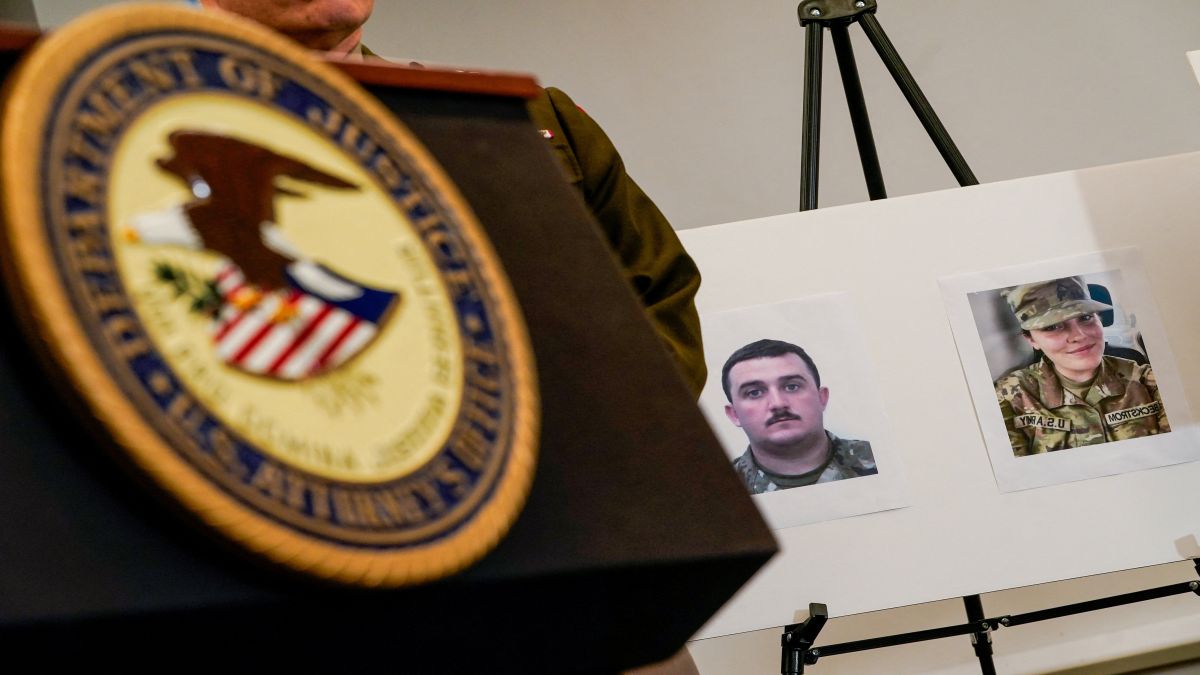)
)
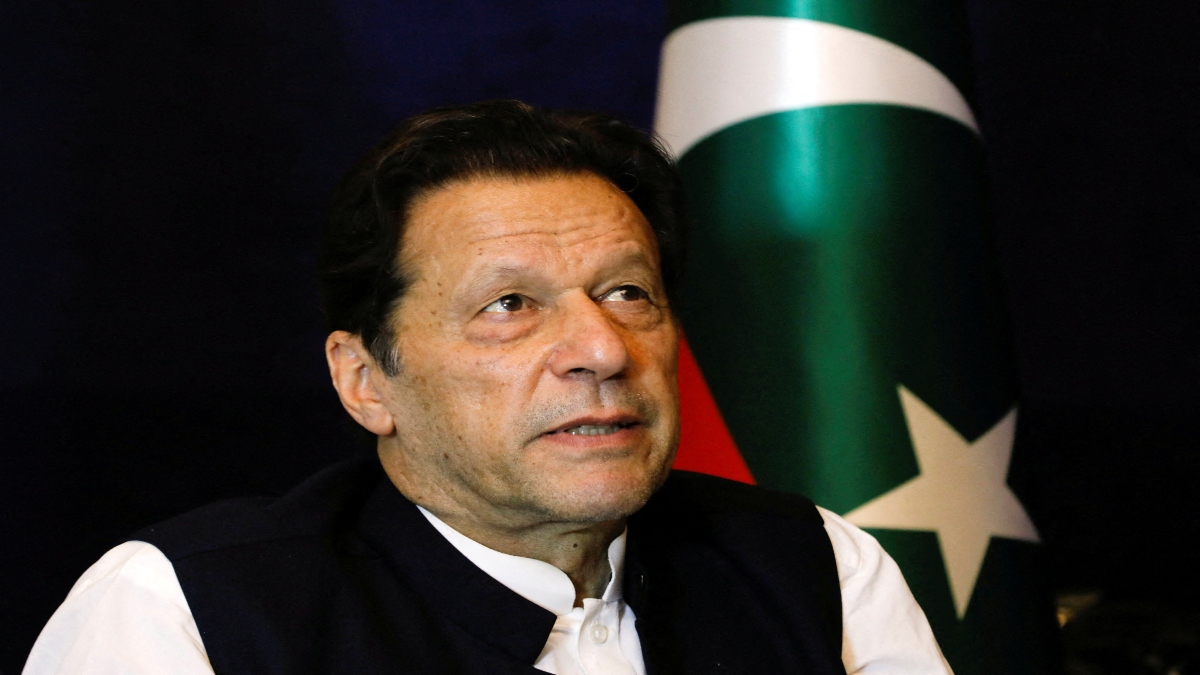)
)
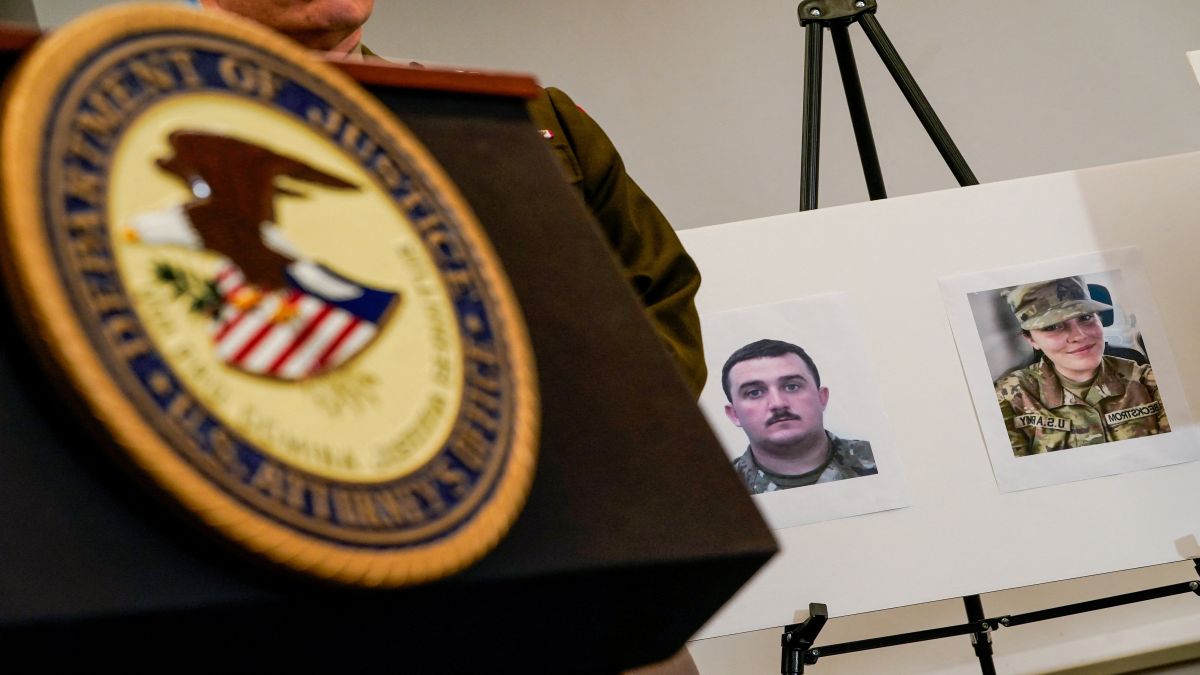)
)
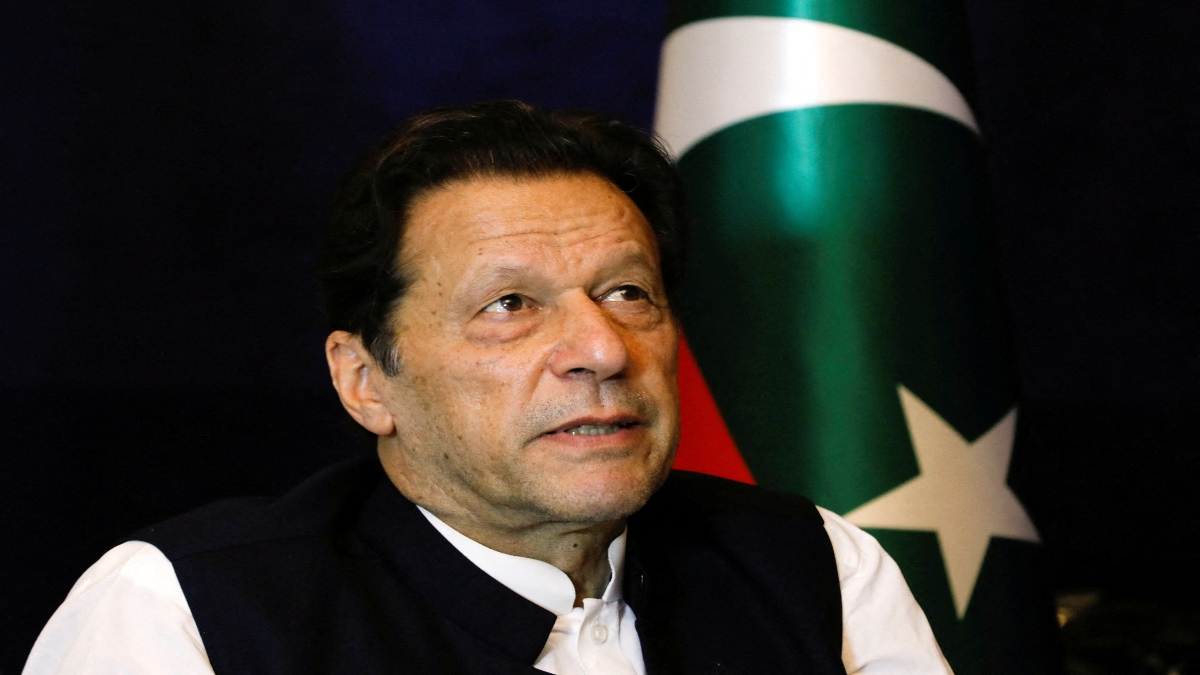)



